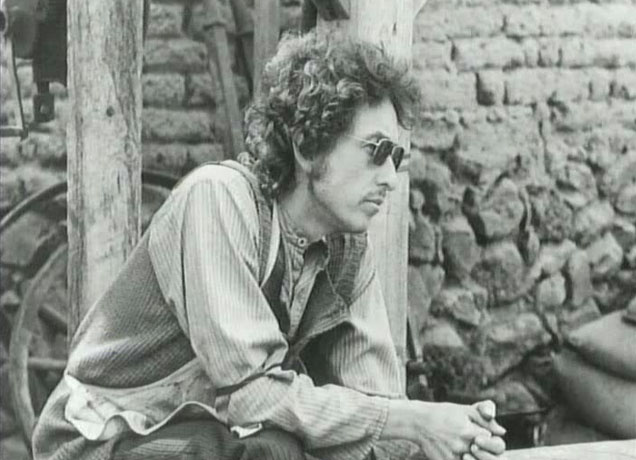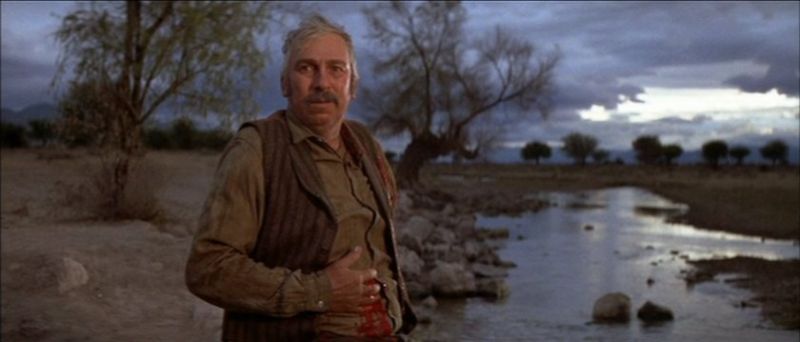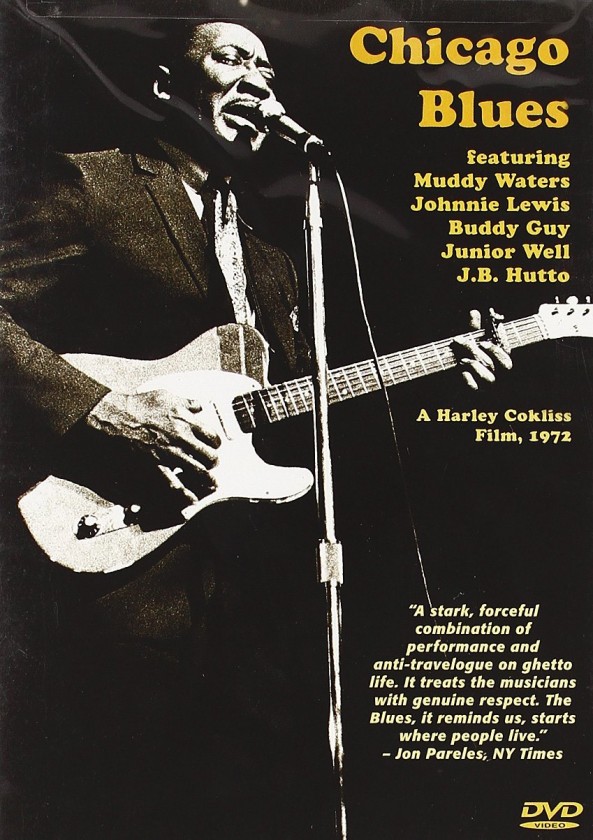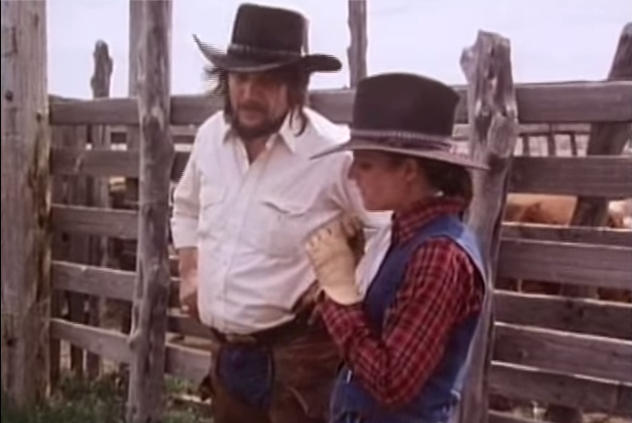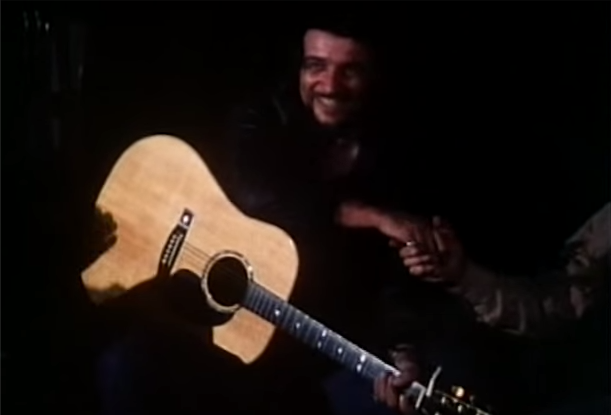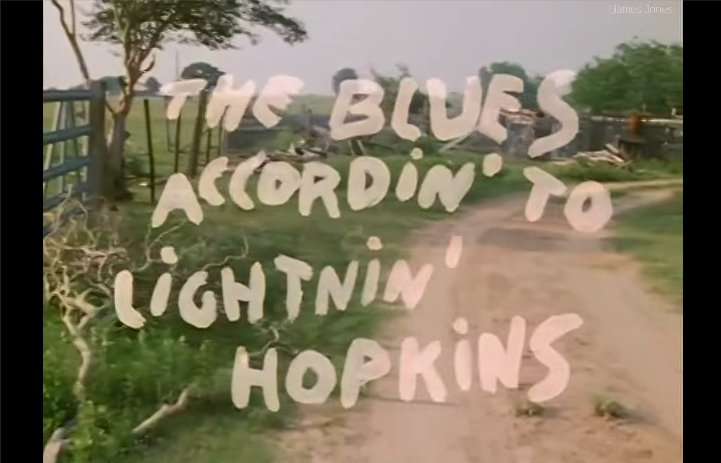
“He was like an ancient oracle in his uncanny ability to improvise rhyming blues songs about a person or situation that revealed a truth that was perfect in its simplicity, yet infinitely complex in its layers of meaning.”
– Les Blanks on Lightnin’ Hopkins
This little film is a poem, a celebration of art and musicianship. It feels otherworldly, almost magic in it’s realism. For me it is one of the very few films that manage to capture the essence of music. You will know a lot more about “the blues” after seeing it, but it may take some time to sink in. One day you’ll sit in your car on your way home from work and it will dawn on you, and you’ll want to watch it again. I did, and I’ve seen it many times. The great Texas bluesman Lightnin’ Sam Hopkins is captured brilliantly in this deeply moving “story”.
This little film is a music poem.
I came to Hopkins through Townes Van Zandt. I read several interviews where he talked about his great admiration for Lightnin’ Hopkins. This has been my way to the blues, through country and folk. Through Hank Williams and Townes Van Zandt.
Les Blank reveals Lightnin’s inspiration, and features a lot of classic blues. Scenes include an outdoor barbecue, a rodeo and a visit to Hopkins’s boyhood town of Centerville, Texas. I believe this powerful portrait is among Blank’s special masterworks.
Made by Les Blank and Skip Gerson, probably in 1968 (…or 1969 or 1970, there are sources on all these years).
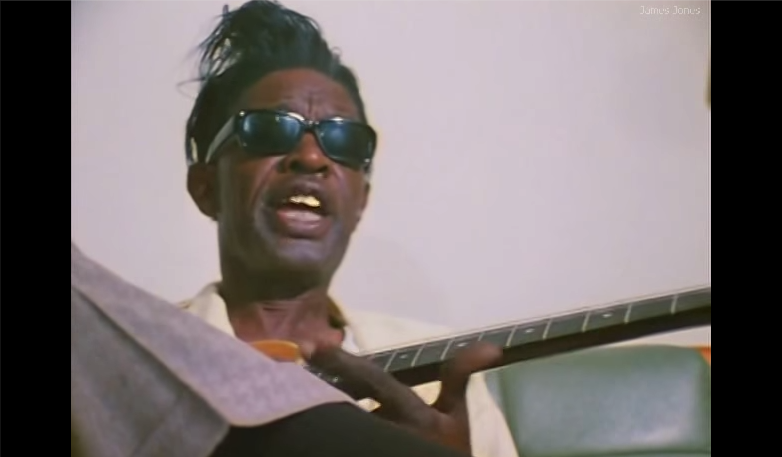
The Blues accordin’ to Lightnin’ Hopkins:
You make your bed hard, baby,
and calls it ease.
The blues is just a funny feelin’,
yet some folks calls it a mighty bad disease.
“This line was composed late one night while I was filming what started out to be an ordinary interview. I had asked him to tell me what the blues meant to him. He picked up his guitar and started to sing about a woman named Mary who had left him. Earlier that evening his wife had left him after a nasty argument that caused her cousin to attempt to shoot Lightnin’.
While the song was being sung, the cousin was lurking outside the apartment door with a loaded pistol. Lightnin’ also had a large loaded gun stuck down the front of his pants. Hardly a situation in which to delve into an academic and linear exploration of the nature of truth and the blues, but I came away feeling I knew a lot more about it than before, but I couldn’t exactly put it in words.”
– Les Blanks (notes on the film)
– Hallgeir


